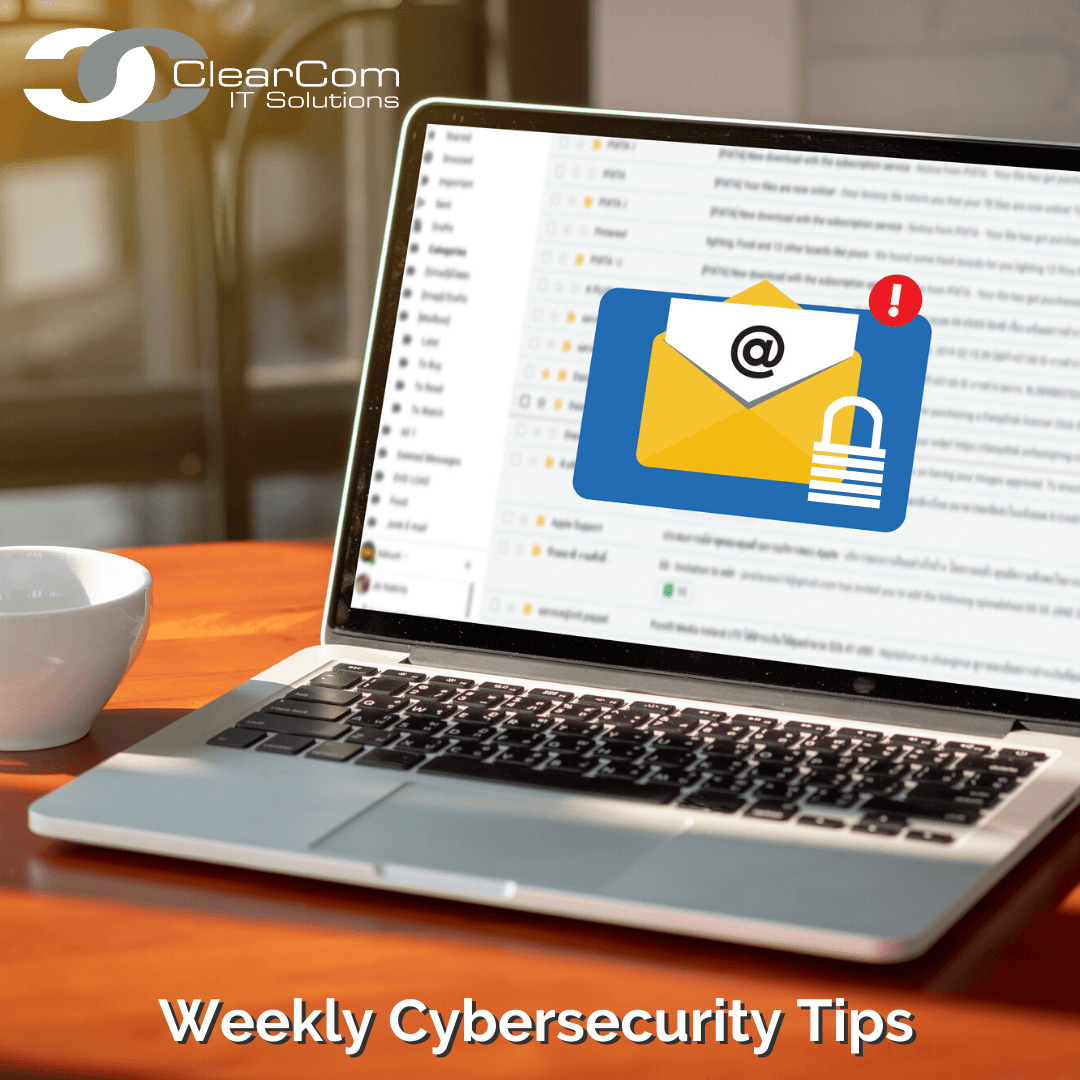 In today’s interconnected world, safeguarding your company data from hackers is paramount. Put the following suggestions into practice to significantly enhance the security of your data assets.
In today’s interconnected world, safeguarding your company data from hackers is paramount. Put the following suggestions into practice to significantly enhance the security of your data assets.
Use multi-factor authentication as a secondary level of defense.
Implementing multi-factor authentication (MFA) as a secondary level of defense is crucial. MFA adds an extra layer of protection by requiring users to provide multiple forms of identification, such as passwords, physical tokens, or biometric data. Even if hackers manage to obtain passwords, they still need additional authentication factors to gain unauthorized access, thereby making it substantially more difficult for them to breach your systems.
Use computer encryption for your devices and VPN for any network access.
Encryption plays a vital role in data protection. Utilize computer encryption to secure your devices. It will ensure that the data remains encrypted and inaccessible if they are lost or stolen. Additionally, employ a virtual private network (VPN) for access, encrypting communication between the user’s device and the company network. The VPN connection prevents unauthorized access and eavesdropping on sensitive information transmitted over the internet.
Know where your data is and where it’s going. Alternatively, know who has access and why.
Maintaining a comprehensive understanding of where your company’s data is stored, who has access to it, and why they need access is crucial for protecting it against hackers. Conduct regular audits of your data systems and storage devices to ensure you have an accurate inventory of data locations. Implement access controls and permission levels based on the principle of least privilege: grant users the minimum level of access necessary for their roles. Review and revoke access permissions regularly for former employees or individuals who no longer require access to specific data. By monitoring data flows and user access, you can more efficiently identify potential vulnerabilities or unauthorized activities. This will allow you to take prompt action and mitigate potential risks.
Combining these measures allows you to establish a robust defense against hackers and protect your company’s valuable data assets. In addition, you should partner these practices with software updates, employee education on cybersecurity, intrusion detection systems, and routine vulnerability assessments. Doing so can safeguard your company data from hackers with a comprehensive and proactive approach.



 ClearCom IT Solutions, Inc. Ranks Among Top 501 MSPs Worldwide for Seventh Consecutive Year
ClearCom IT Solutions, Inc. Ranks Among Top 501 MSPs Worldwide for Seventh Consecutive Year